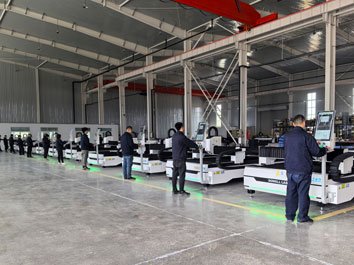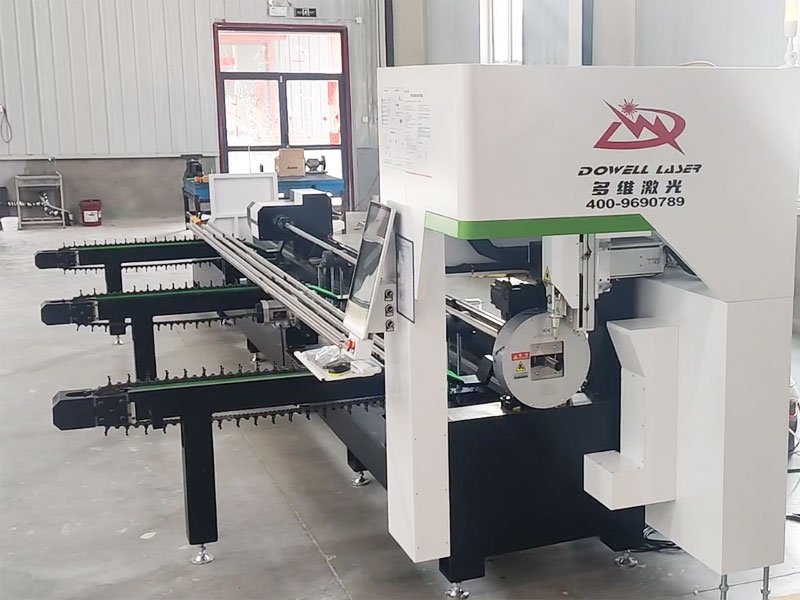Laser engraving is an efficient and precise technology that is widely used in the production of art, industry, and personalized products. Nowadays, many young people prefer DIY operations, whether it is making customized gifts, logos or artworks, or using them in the home. It is crucial to understand how to prepare files suitable for laser engraving. This article will provide you with detailed steps and tips on “how to make a laser engraving file” to help you create a perfect laser engraving file.
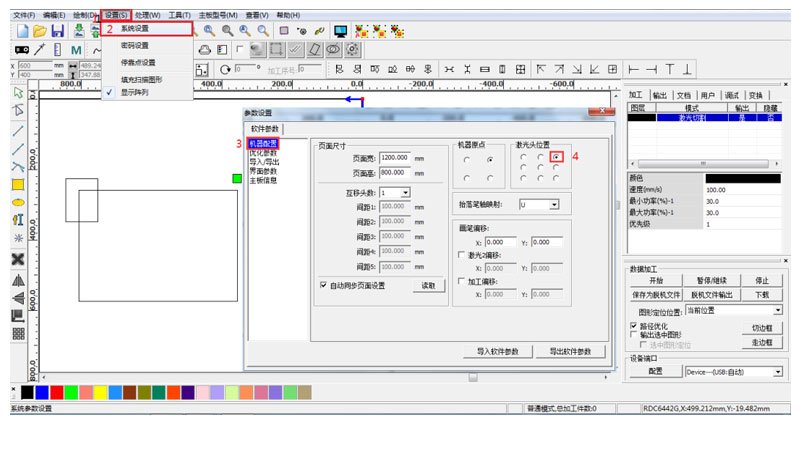
How does Laser Engraving Work?
Fiber lasers excite the medium through a specific energy source (such as current or light) to produce a high-energy laser beam, which is focused by an optical system (such as a lens) to form a very small focus, which quickly heats the surface of the material. The high temperature causes the material to melt or evaporate quickly, forming the desired pattern or text.
Laser Engraving Methods:
There are two main methods of laser engraving: raster engraving vs vector engraving.
- Raster engraving processes graphics line by line and point by point, suitable for large-area applications;
- Vector engraving tracks and engraves curves and lines one by one, suitable for fine lines and complex patterns.
The entire process is managed by a computer control system. The user creates the design through graphic design software and converts it into a format that the machine can recognize. The design is finally sent to the laser for processing through the printer driver.
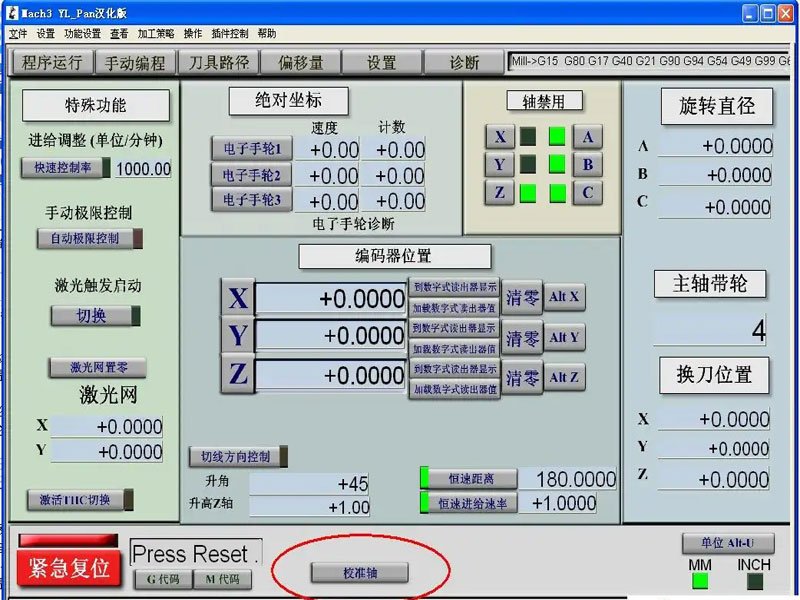
What Are Vector Files?
Vector files are digital images created using mathematical formulas to define points, lines, curves, and shapes in two-dimensional or three-dimensional space. Unlike raster files, which consist of a fixed grid of pixels, vector graphics can be infinitely scaled without loss of quality. This scalability makes vector files ideal for a variety of applications, especially in the fields of graphic design and printing.
Why Are They Used For Laser Engraving?
Scalability: Vector files can be resized to any dimension without losing resolution. This is crucial for laser engraving, where precise details must remain sharp regardless of the size of the engraved item.
Precision: The mathematical nature of vector graphics allows for precise control over the engraving process. Each line and curve is defined clearly, enabling the laser to follow exact paths during engraving.
Smaller File Size: Vector files typically have smaller file sizes compared to raster images because they store only the mathematical descriptions of shapes rather than data for every pixel. This efficiency is beneficial when working with complex designs that need to be processed quickly by laser engraving machines.
Editability: Vector files are easier to edit than raster files. Designers can modify shapes, colors, and other elements without degrading the image quality, allowing for quick adjustments before finalizing designs for engraving.
Compatibility: Many laser engraving machines support common vector file formats such as AI (Adobe Illustrator), SVG (Scalable Vector Graphics), DXF (Drawing Exchange Format), and EPS (Encapsulated PostScript). This compatibility ensures that designers can easily create and export their designs for use with various engraving equipment.
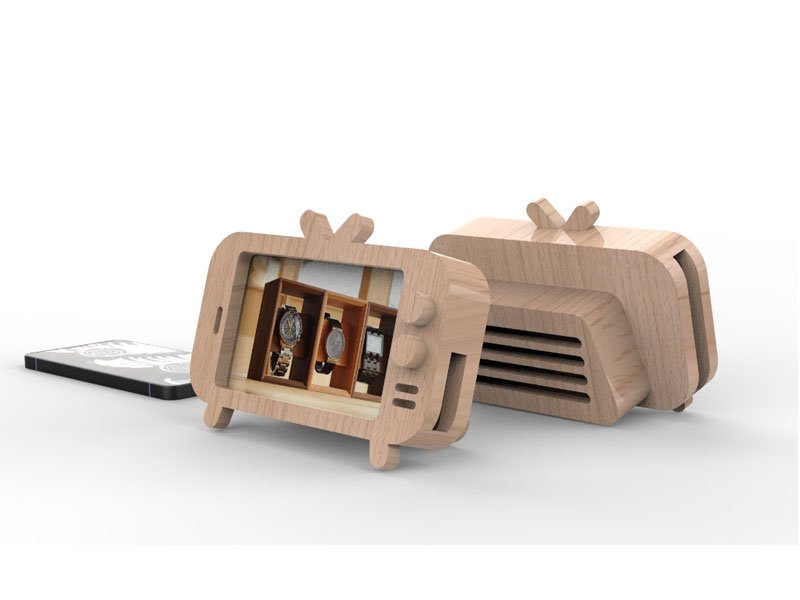
What File Types Are Used For Laser Engraving?
Adobe Illustrator
As an industry standard, Adobe Illustrator provides powerful drawing tools and flexible export options, which is very suitable for professional users.
Inkscape
This open source software is powerful and free, supports a variety of formats, and is suitable for beginners and users with limited budgets.
Corel Draw
Corel Draw is favored by many designers for its intuitive interface and rich functions, especially for complex projects.
SVG Edit and Vectr
These browser-based tools are easy to use and suitable for quickly creating simple designs, suitable for novices.
FatPaint
Focus on small editing tasks, can quickly complete simple designs, very suitable for beginners.
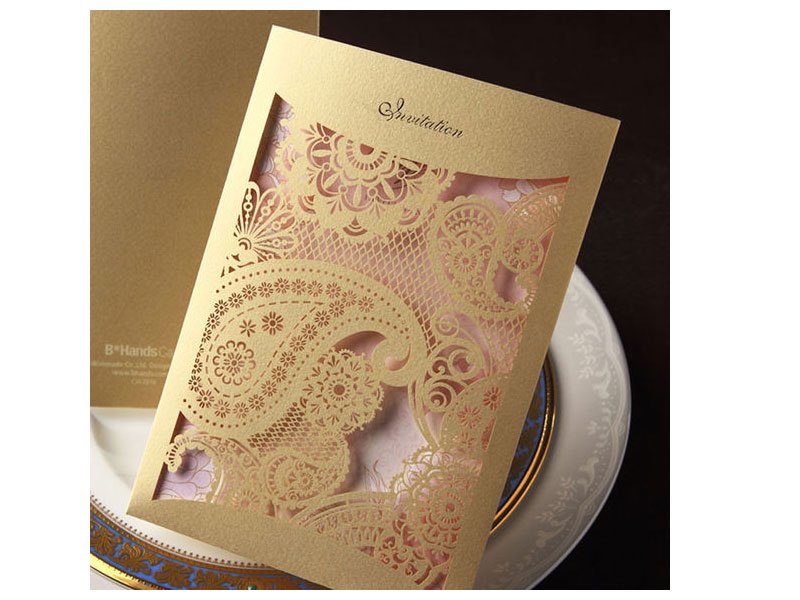
How To Make A Laser Engraving File?
- Preparation
Conceive the design: First, make sure you have a clear idea of the pattern or text you want to engrave. This step is the foundation of the whole process and ensures that you have a clear design concept.
Choose the material: Choose the right material according to your design and the compatibility of the laser engraver. Common engraving materials include wood, plastic, metal, and glass.
- Design
Create vector files: Use graphic design software such as Adobe Illustrator, Inkscape, CorelDRAW, etc. to create vector files. Vector files ensure that they will not lose clarity when enlarged or reduced, which is critical for laser engraving.
Export format: Export the design to a format supported by the laser engraver, such as DXF, SVG, or AI. These formats can accurately convey the details and paths of the design.
- Calibrate the laser machine
Set parameters: Before engraving, adjust the parameters of the laser machine for the best results. These parameters include laser power, speed, and focus position. Different materials and designs may require different settings.
Testing: It is recommended to test on scrap material to ensure that the settings are correct and achieve the expected results.
- Engraving Process
Load File: Upload the vector file to the laser engraver, making sure the file format is compatible.
Start Engraving: Start the engraving process according to the machine instructions, monitoring the entire process to ensure there are no problems.
- Inspection and Post-processing
Inspect the results: Check the engraving effect after completion to ensure that the design is accurate and as expected.
Post-processing: Surface treatment of the engraved material, such as painting, polishing or coating, as needed to enhance the appearance and durability.
Conclusion
Making laser engraver files is not a complicated task. As long as you master the basic knowledge and skills, you can create amazing works. I hope this article can help you better understand how to prepare vector files and encourage you to try different software and techniques to improve your design ability. Whether you are a novice or an experienced designer, continuous learning and practice will be an important factor in your success.
FAQ
What File Formats Does the Laser Engraver Support?
Most laser engravers support formats such as SVG, DXF, AI, etc. It is recommended to check the device manual to confirm the supported formats.
How to Solve Common Design Problems?
If there are problems with incomplete cutting or blurred engraving, you can check the line thickness, color settings, and whether the machine parameters are correct.
What Resources Can Help Further Learning?
Online courses, YouTube tutorials, and related forums are all good places to learn laser engraving and vector design.

